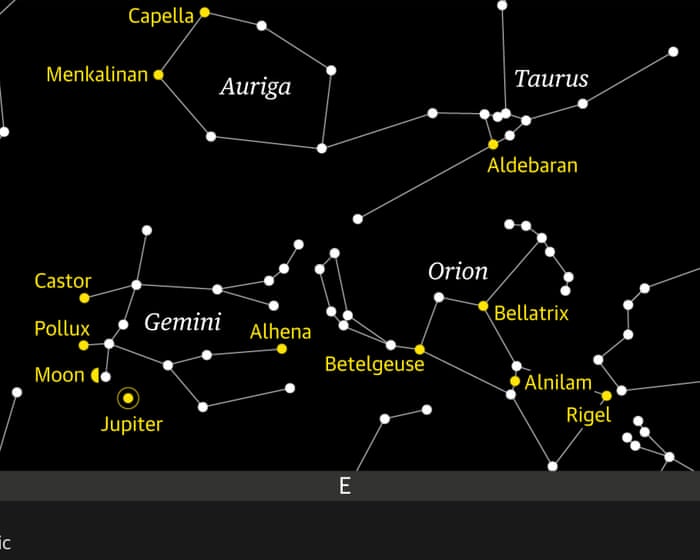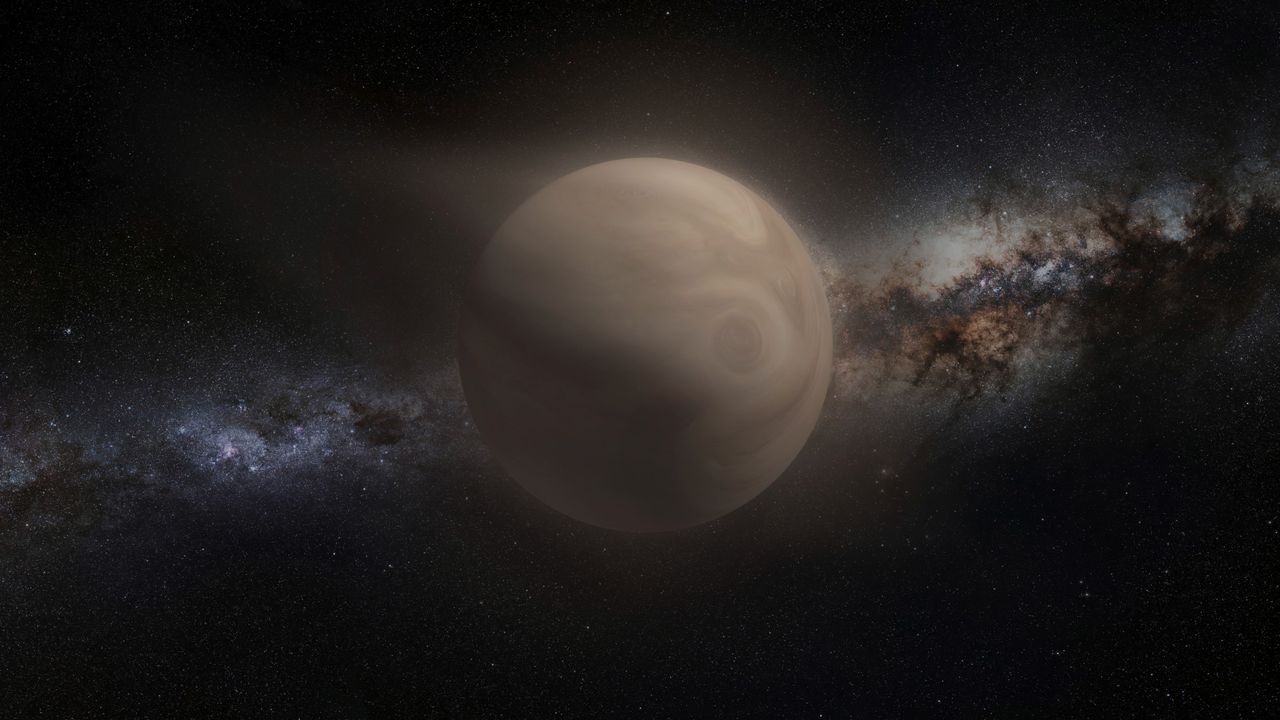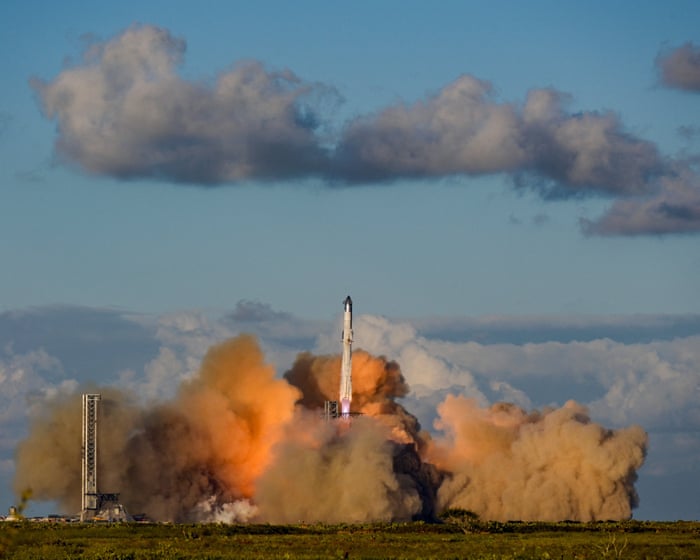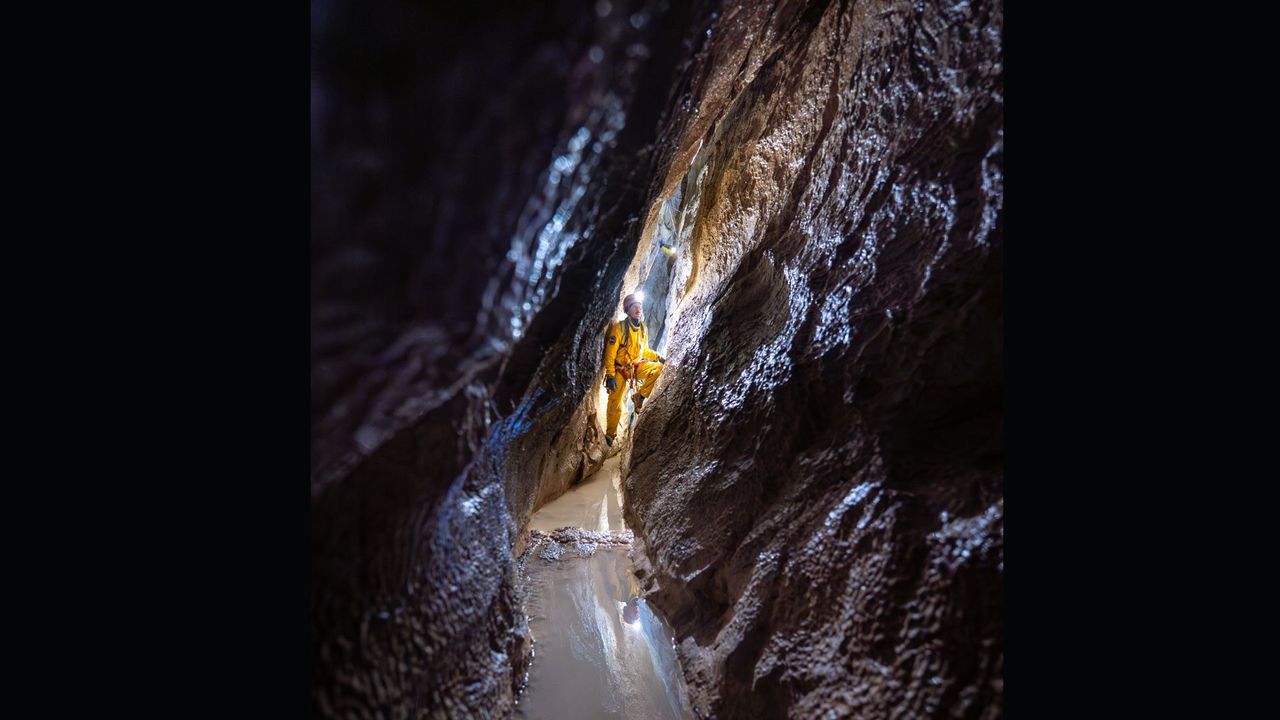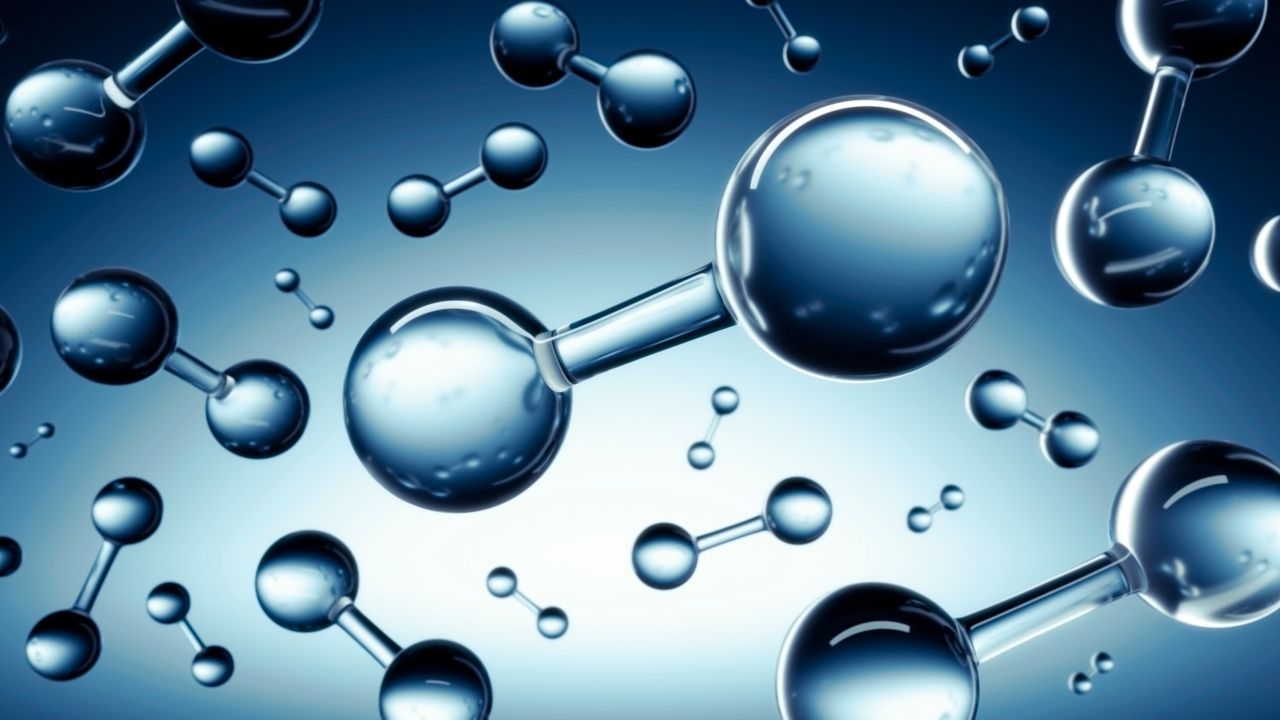Did you solve it? The London cab that rode into history
PositiveScience
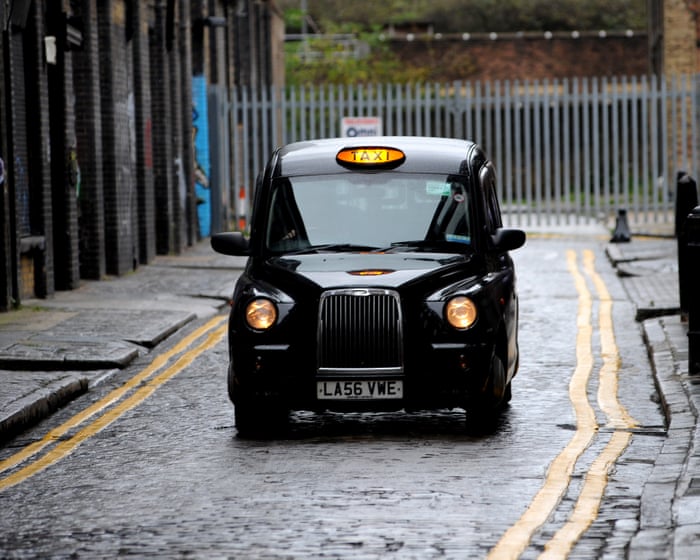
Today, a fascinating connection between London cabs and the mathematical concept of 1729, known as the 'taxicab number,' was explored through a series of puzzles. This intriguing intersection of history and mathematics not only engages puzzle enthusiasts but also highlights the cultural significance of numbers in everyday life. By solving these puzzles, readers can appreciate the cleverness behind this mathematical phenomenon and its relevance in both academic and casual contexts.
— Curated by the World Pulse Now AI Editorial System

